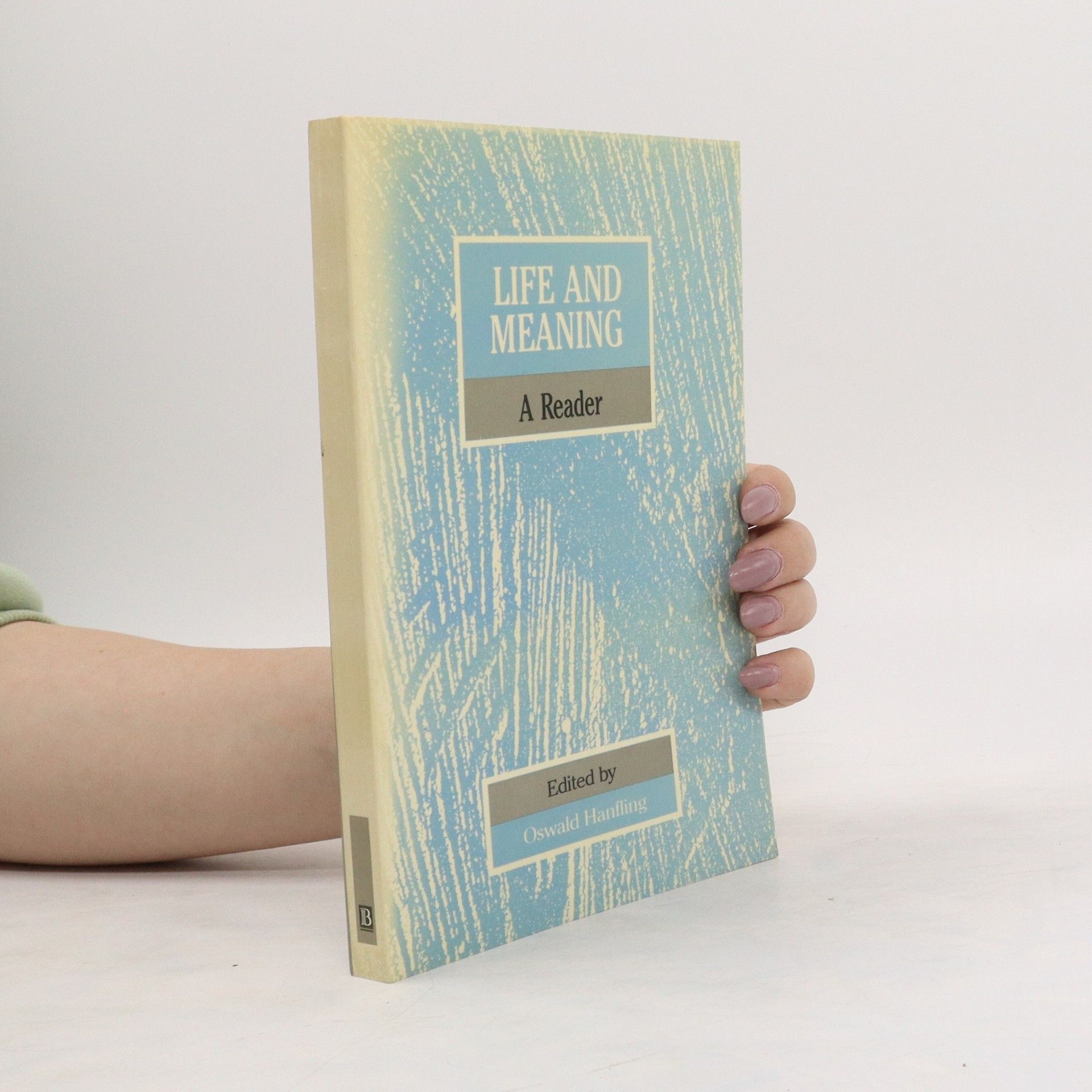Life and Meaning
- 256pages
- 9 heures de lecture
Life and Meaning surveys a variety of Philosophical answers to the question, ‘What makes life worth living?' By collecting readings from a wide range of philosophical history it gives the various perspectives on the value and meaning of life. Aspects of life which appear to make it meaningless 9death, suffering, randomness) are seen in the light of their long and varied history in philosophical literature and are subjected to careful scrutiny. The texts chosen here pose these and related issues and offer various responses. By careful selection and helpful editorial introduction Life and Meaning gives essential texts which provide the background to contemporary enquiries. Is self-realization a coherent ideal? Does it mean being true to our original nature (Rousseau) or to our potential as ‘rational animals' (Aristotle)? Should we live according to our desires and in pursuit of happiness (Mill)? Should we appeal to a nature or ‘essence' be rejected as bad faith?
